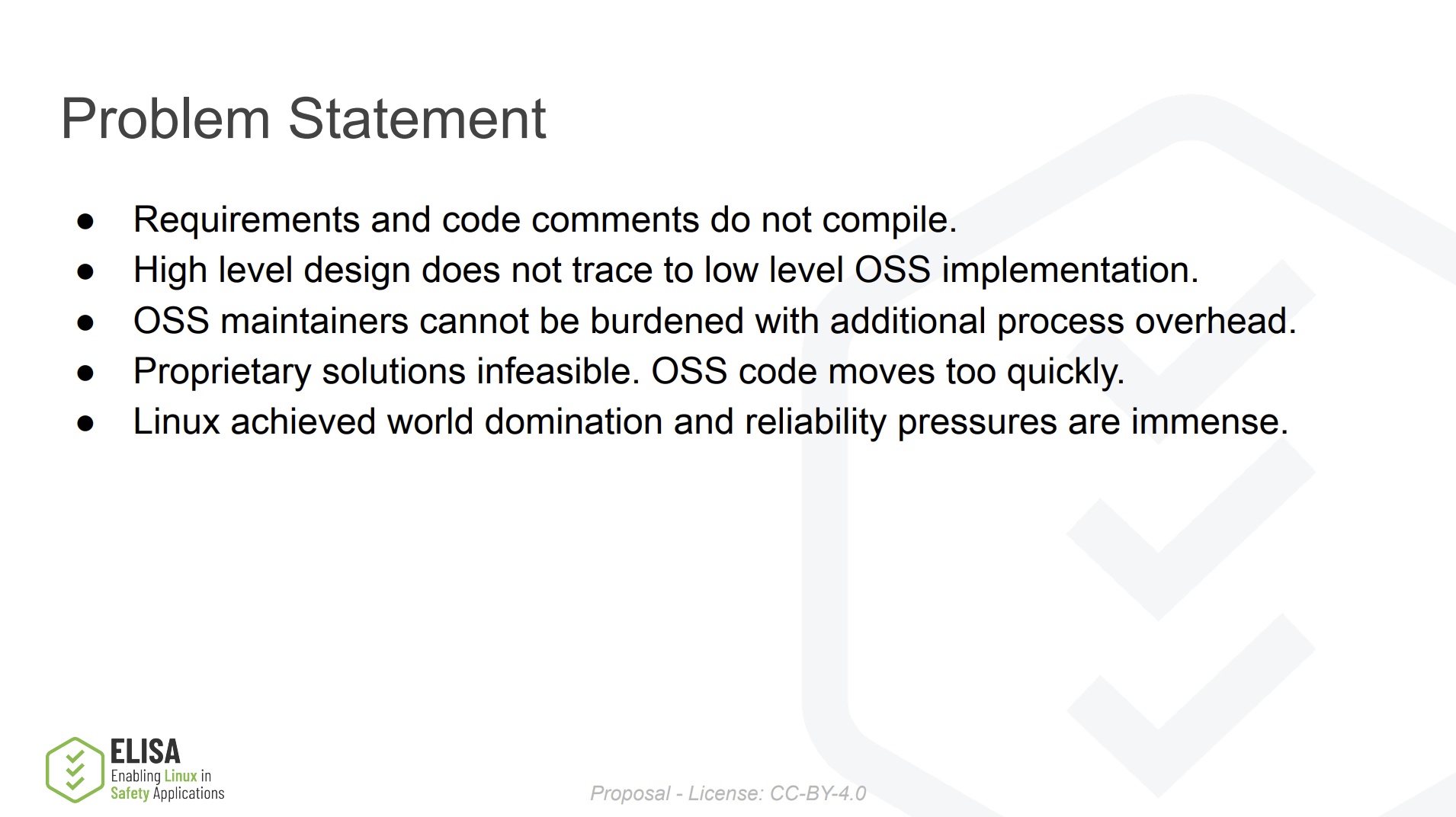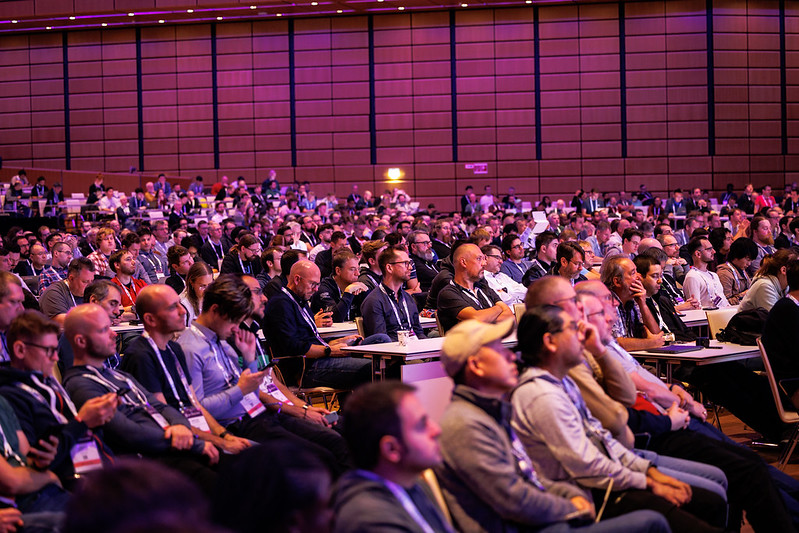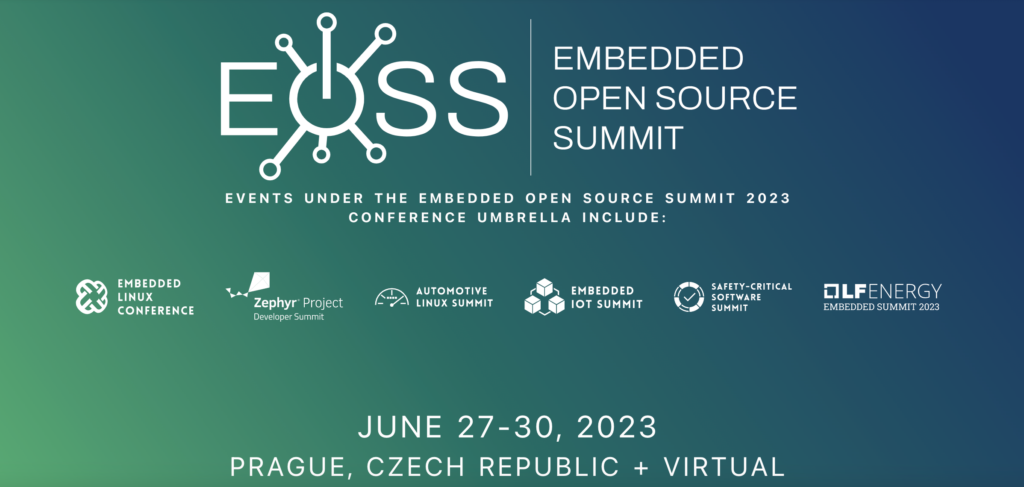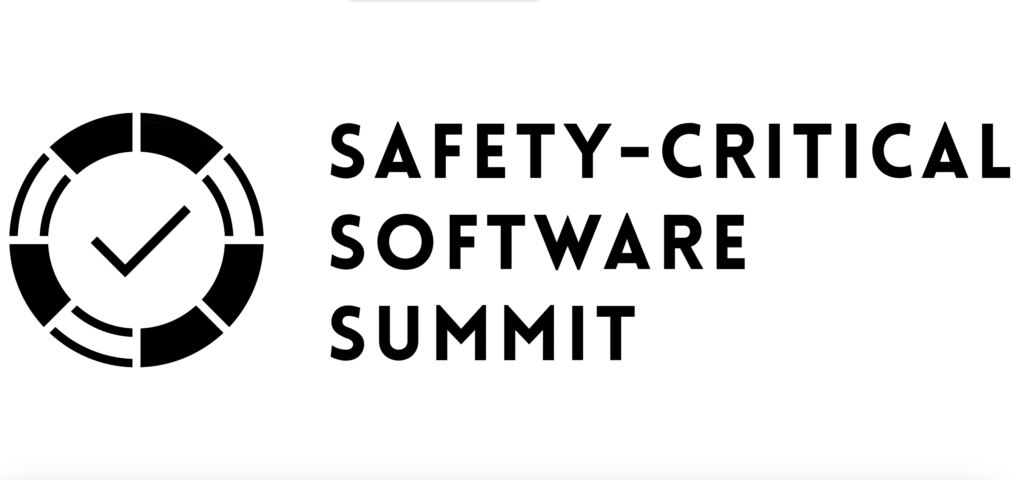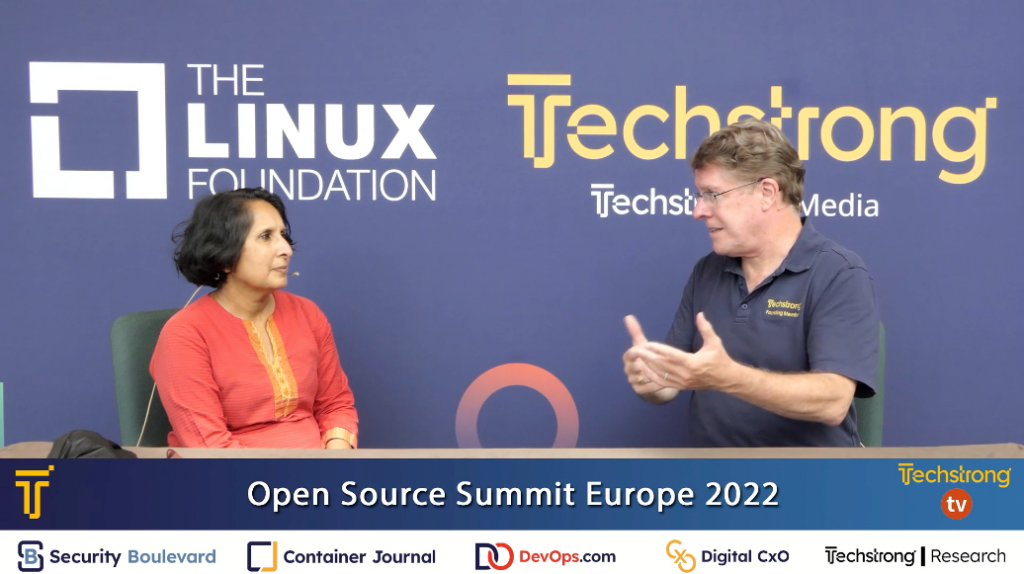The ELISA Project was proud to participate in Open Source Summit Europe 2025, held August 25-27 in Amsterdam, Netherlands. As the premier gathering for open source developers, technologists, and community leaders, this year’s event once again showcased the strength, diversity, and innovation of the open source ecosystem.
For ELISA (Enabling Linux in Safety Applications), it was an incredible opportunity to connect with developers, architects, functional safety experts, and contributors working at the intersection of Linux and safety-critical systems.
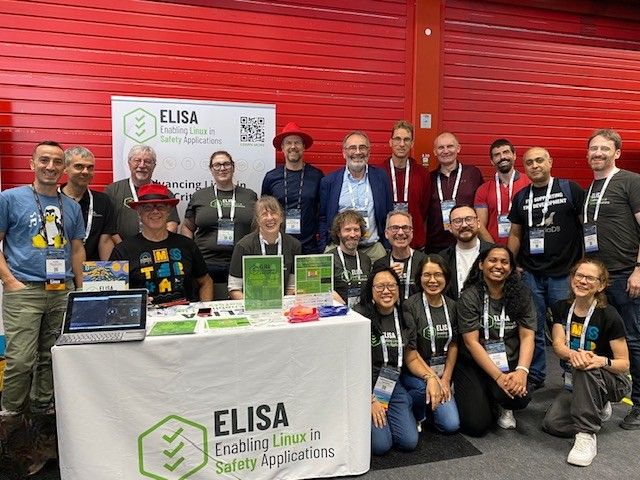
ELISA Booth Highlights
As a Bronze Sponsor, ELISA hosted Booth #29, where attendees learned about safety-critical software and Linux.
Visitors stopped by to:
-
Learn more about ELISA’s mission and latest progress.
-
Explore tools, processes, and working group initiatives.
-
Connect with project members, contributors, and users.
The booth was buzzing throughout the summit, and it was inspiring to see interest from developers across automotive, industrial, medical, and other safety-focused domains.
ELISA in the Safety-Critical Software Summit
ELISA was also featured in the Safety-Critical Software Summit, a focused track within Open Source Summit Europe dedicated to exploring how open source and safety standards intersect. Watch the sessions here.
Sessions covered a wide range of important topics, including:
-
Kernel safety – identifying weaknesses, fault propagation, and ways Linux can evolve as a safety element out of context (SEooC).
-
Automotive innovation – exploring safe software platforms, prototyping frameworks, and open source initiatives for software-defined vehicles.
-
Compliance and trust – practical approaches to continuous compliance, traceability, and the use of statistical methods in safety analysis.
These talks reflected the growing maturity of the ecosystem and highlighted the shared challenges the community is tackling from technical methodologies to regulatory alignment.
Key Takeaways
- There is strong and growing interest in applying Linux to safety-critical domains, from automotive to medical and industrial applications.
- Progress in tools, methodologies, and compliance frameworks is enabling broader adoption of open source in regulated environments.
- Collaboration between industry, academia, and the open source community is essential to tackling safety challenges at scale.
- The ELISA community continues to expand, fueled by conversations and new contributors who engaged with us in Amsterdam.
Join the ELISA Community
We want to thank everyone who visited us at Booth #29, attended our sessions, and engaged with the ELISA Project at Open Source Summit Europe 2025.
Your questions, feedback, and contributions help shape the future of open source in Linux in safety-critical applications.
If you didn’t get a chance to connect in Amsterdam, it’s not too late!
-
Learn more about ELISA’s mission and working groups.
-
Get involved in the community.
-
Stay tuned for upcoming events and opportunities to collaborate.
👋 Thank You, Amsterdam!
From booth conversations to technical discussions, ELISA’s presence at Open Source Summit Europe 2025 was a success thanks to the open source community. We look forward to building on this momentum and continuing the conversation about safety-critical open source systems.
Until next time – see you at the next event!
